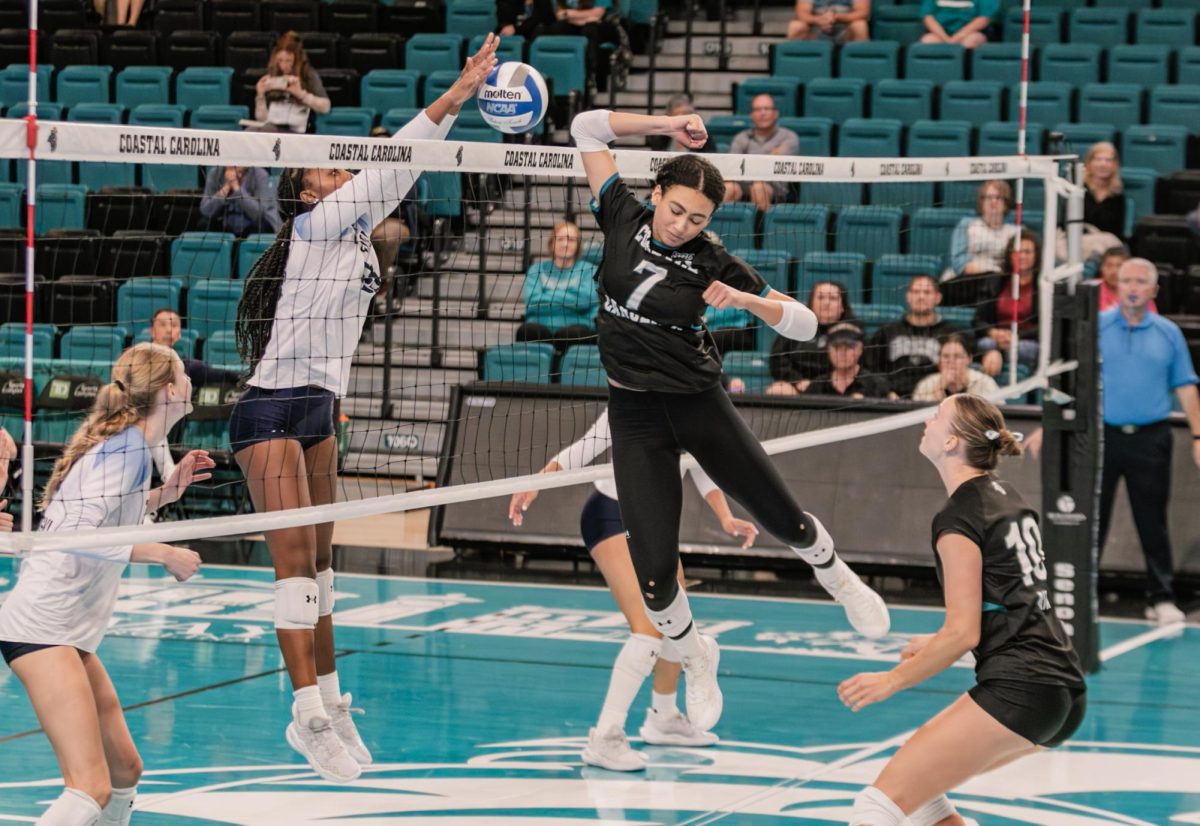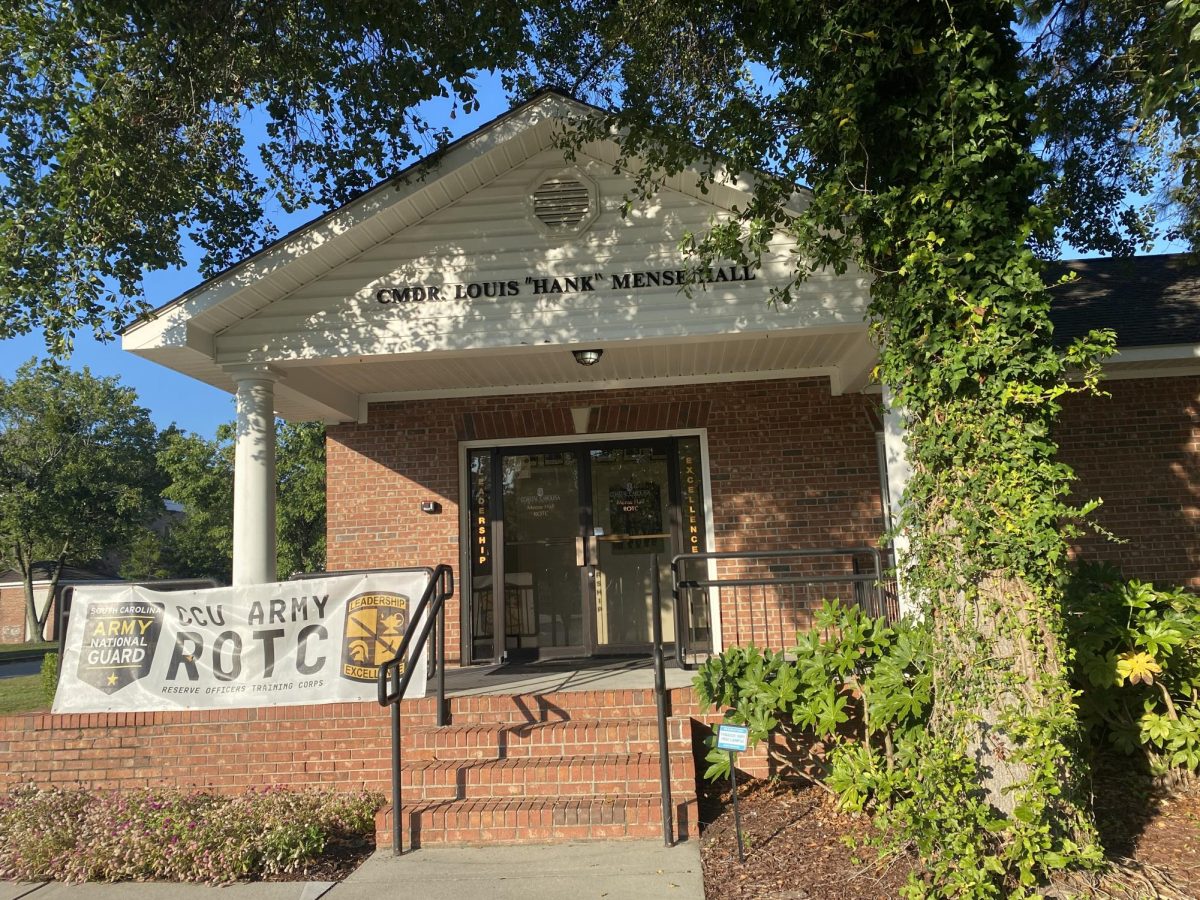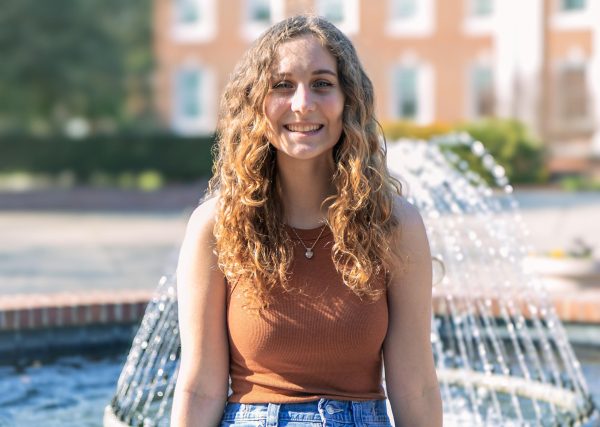The Coastal Carolina University board of trustees approved reduced tuition rates for undergraduate students who are members of the National Guard, are reservists or active duty in February 2023. However, students who receive this reduced tuition may end up losing eligibility for other scholarships and merit awards.
Veteran and Military Services Director Randy Burk played a large role in getting this reduced tuition rate implemented at CCU.
“Previously soldiers would look at University of South Carolina (USC) solely because they already have had this tuition reduction for years now,” Burk said. “Four or five currently serving army soldiers are going to be coming based on that, that would have normally gone to USC, so we’re lucky. We are happy to be able to compete with them.”
This is the first semester the reduced tuition rates have gone into effect. Although it was implemented with good intention, many veteran students are facing financial challenges as a result.
“It’s been a bumpy ride as far as the University implementing it and lots of changes going on, but in general it has worked very well and students are very receptive and thankful for it,” Burk said.
Although, a few students, including junior Grady Bachman, had last minute changes made to their student account invoices which gave them a different outlook on the original incentive.
For his freshman and sophomore year, Bachman received in-state tuition through the Academic Common Market (ACM) since he is an intelligence and national security studies major from Virginia. During the summer, Bachman said he spoke to the Financial Aid Office around Aug. 8, who told him he would be receiving both scholarships.
“The day before the add and drop date, I looked and they had taken away my ACM without telling me,” Bachman said. “So, luckily I looked that day, because if not, I would have been dropped from my classes.”
Bachman said he was grateful for the opportunities he has been given, but was ultimately disappointed by the lack of communication regarding his scholarship status. Although he was able to pay the remaining balance, Bachman said he was not happy about the last-minute policy changes which increased the amount he owed this fall.
He said he hadn’t had any other issues with the University before this and emphasized the fact that veteran and military services had been nothing but helpful.
“Mr. Burk is always on top of his stuff with helping all of us,” Bachman said. ”I just feel like it was kind of a slap in the face to him, what the school did with us, because he had been working so hard to get us this tuition reduction.”
Junior Liam Evans has had a similar experience to Bachman. Evans had received multiple scholarships from CCU for his freshman and sophomore year, but since the implementation of the reduced tuition rates, he has lost all merit scholarship eligibility.
Last July, he noticed a negative balance of almost $4,000 on his student account, indicating he would be receiving a refund from the University.
“I went the whole summer thinking I was covered for school. I didn’t get a job or anything,” Evans said. “I come to find out like, literally a few days before the first payment was due, that they had completely removed my scholarships and I was showing a $2,000 positive balance on my account.”
Evans didn’t apply for student loans this semester because he was under the impression that his tuition would be covered. As a result, he was forced to use the majority of his savings to pay his bill for the fall semester.
“I would think that if the school was going to apply something like that, and they obviously knew that people were going to have scholarships, they should have been more transparent about it from the beginning. They should have implemented a plan for how to do that. They had no plan,” Evans said.
After realizing he lost his scholarships and had to pay this semester’s balance in full, he went in-person to the Department of Student Accounts to sort it out. Evans said student accounts shrugged their shoulders and suggested that he talked to someone at financial aid services.
He ended up speaking to an administrator at financial aid, who told him that it was out of their hands.
“She basically told me that there was nothing they could do because they changed the policy last minute,” Evans said.
It is unclear when this policy change occurred and who is responsible for making the change. Both Bachman and Evans said veteran and military services, as well as financial aid, are not to blame for this situation. However, they said they are hoping the University will take accountability for the miscommunication and repercussions some students are now facing.

